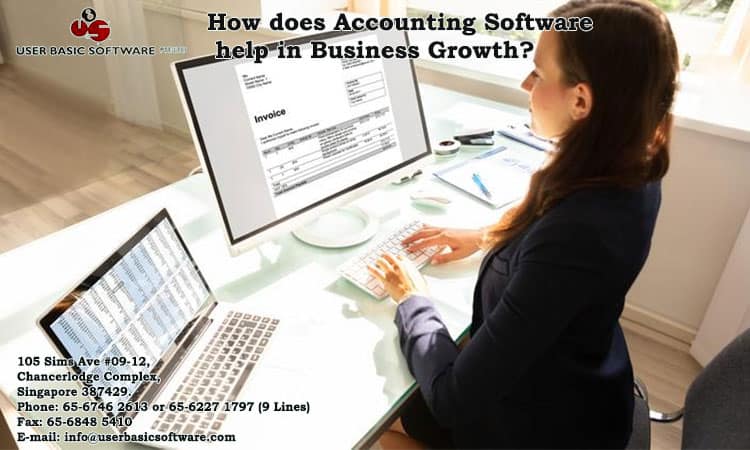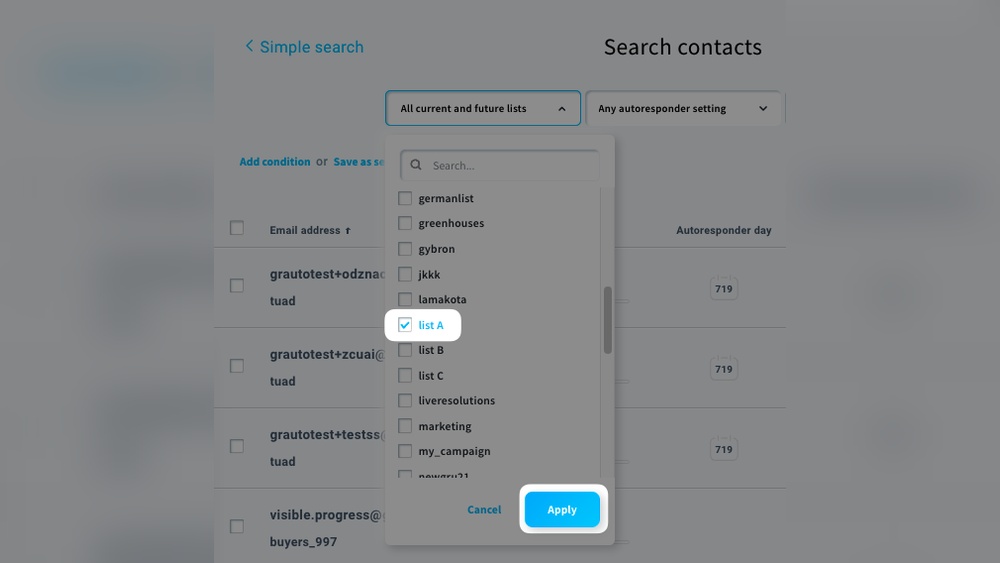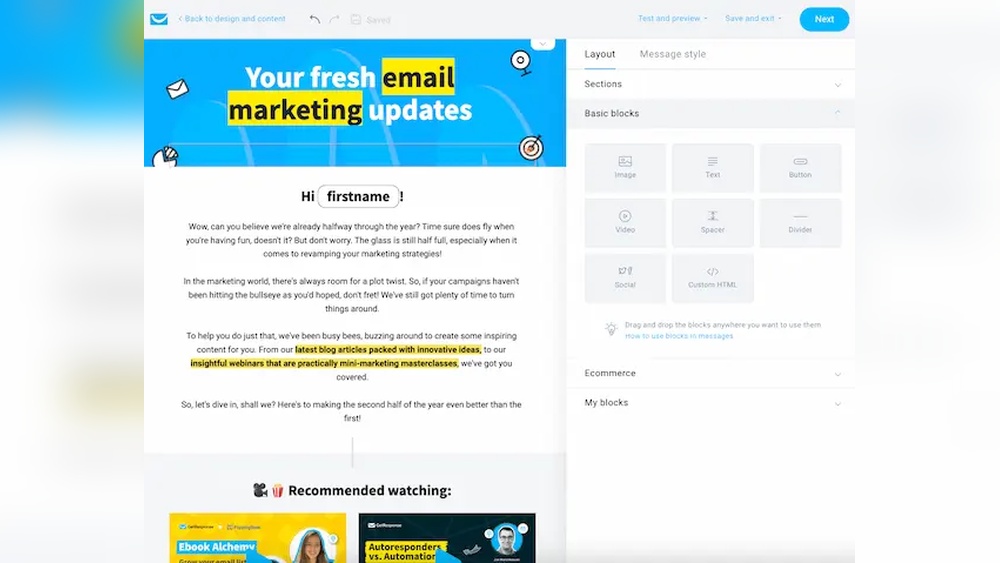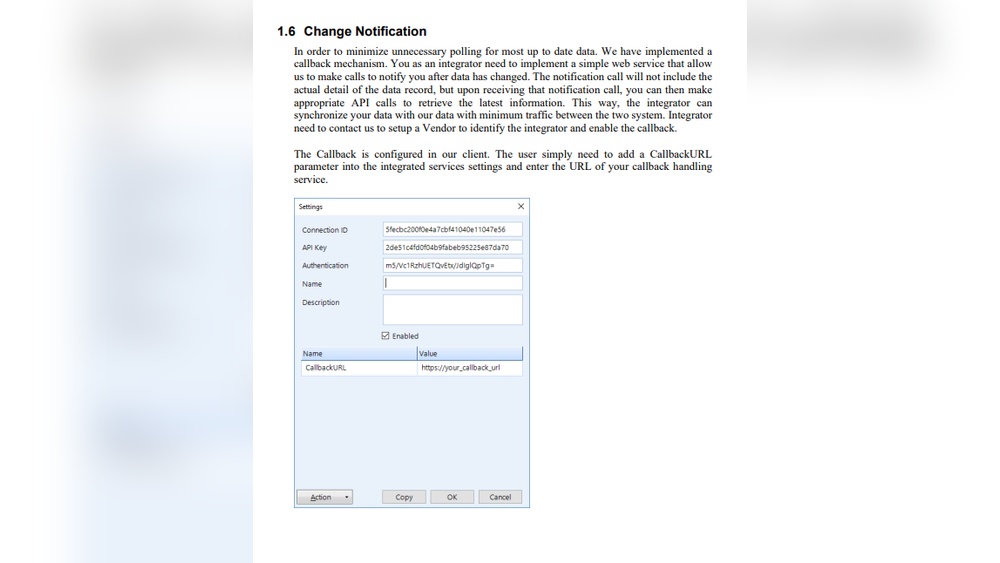Accounting software helps businesses manage their financial information. This information can include income, expenses, assets, liabilities, and equity. The software can help businesses track their cash flow, prepare financial statements, and make tax filings.
Additionally, accounting software can help businesses manage inventory, customers, and vendors.
If you own a small business, you know that keeping track of your finances is essential to your success. But if you’re like most small business owners, you don’t have the time or the expertise to do it yourself. That’s where accounting software comes in.
Accounting software can help you keep track of your income and expenses, so you always know where your business stands financially. It can also help you manage your inventory, customers, and vendors. And if you choose the right accounting software, it can even help you save time and money by automating many of your accounting tasks.
So if you’re looking to take your small business to the next level, consider investing in accounting software. It could be the best decision you ever make.
How does accounting software help in business growth
Why is accounting software important for business?
Accounting software is important for business because it provides a way to track financial transactions and provides a way to generate financial statements. Financial statements are important because they provide information about the financial health of a business. This information is used by investors, creditors, and others to make decisions about whether or not to invest in or lend to a business.
Accounting software can also help businesses manage their cash flow and track expenses. This information is important for businesses to have so that they can make informed decisions about where to allocate their resources. Having accurate and up-to-date financial information is critical for businesses to be successful.
What are the benefits of accounting software?
There are a few benefits of accounting software. The first is that it can help automate bookkeeping tasks. This can save the business owner time and money by not having to pay someone to do these tasks manually.
Second, accounting software can help track income and expenses. This information can be used to make informed decisions about where to allocate resources. Finally, accounting software can help produce financial statements.
These statements can be used to track the financial health of the business and make sound decisions about investments and other financial decisions.
How does accounting software help in decision making?
It is a well-known fact that accounting is the backbone of any business. It provides vital information that helps business owners and managers make informed decisions about where to allocate their resources. Accounting software is a tool that can be used to streamline the accounting process and make it more efficient.
There are a number of different accounting software programs on the market, each with its own set of features. Some of the most popular accounting software programs include QuickBooks, MYOB and Xero.Each program has its own unique advantages, but in general, accounting software programs can help business owners and managers in a number of ways.
First, accounting software can help to automate the accounting process. This means that businesses can save time and money by not having to hire accounting staff to do manual tasks such as data entry.Second, accounting software can provide businesses with real-time financial information.
This is important because it allows business owners and managers to make informed decisions about where to allocate their resources.Third, accounting software can help businesses to track their expenses. This is important because it allows businesses to see where their money is being spent and identify areas where they can cut costs.
Fourth, accounting software can help businesses to manage their inventory. This is important because it allows businesses to see what products they have in stock and track their sales.Finally, accounting software can help businesses to create financial reports.

Credit: www.userbasicsoftware.com
Benefits of using accounting software
If you are in the process of setting up a small business, or are already running one, you may be wondering if you need to invest in accounting software. The answer is maybe – it depends on the size and complexity of your business, and on your own personal preferences. However, there are some definite benefits to using accounting software, which may make it the right choice for you.
Here are some of the key benefits of using accounting software:1. It can save you timeIf you are doing your accounting manually, it can take a lot of time – especially if you are not particularly experienced or efficient at it.
Accounting software can automate many of the tasks involved in accounting, such as invoicing, payments and reporting, meaning that you can spend less time on accounting and more time on other areas of your business.2. It can make your accounting more accurateWhen you are doing your accounting manually, there is always the potential for error.
This is not only frustrating, but can also lead to problems further down the line – such as making inaccurate tax returns. Accounting software can help to reduce the chances of error, as it can automatically calculate figures and check for inconsistencies.3. It can give you better insights into your business
When you are using accounting software, you will have access to a range of reports that can give you valuable insights into your business.
Accounting software features list
Most accounting software programs have similar features, but there are some important differences to consider when choosing which software is right for your business. Here is a list of features to look for in accounting software:1. Accounts receivable and accounts payable: This is the most basic accounting software feature and allows you to track money owed to you (accounts receivable) and money you owe to others (accounts payable).
2. Invoicing and billing: This feature allows you to create and send invoices to customers and track payments.3. Bank reconciliation: This feature automatically compares your records of transactions to your bank statements and identifies any discrepancies.4. Financial reports: This feature allows you to generate reports such as profit and loss statements and balance sheets.
5. Budgeting and forecasting: This feature allows you to track your income and expenses, set financial goals, and predict future cash flow.6. Inventory management: This feature allows you to track inventory levels, sales, and purchases.7. Time tracking: This feature allows you to track employee time worked and bill customers accordingly.
8. Project management: This feature allows you to track project deadlines, costs, and progress.9. Customer relationship management (CRM): This feature allows you to track customer interactions, sales, and support requests.
“role of accounting software”
As a business owner, you have a lot of responsibilities. One of them is keeping track of your finances and making sure your books are in order. This is where accounting software comes in.
Accounting software is a tool that helps you manage your financial information. It can track income and expenses, create financial reports, and help you make better decisions about your money.There are a lot of different accounting software programs out there, so it’s important to find one that fits your needs.
If you’re a small business owner, there are plenty of accounting software programs designed specifically for you.The right accounting software can save you time and money. It can make it easier to run your business and keep track of your finances.
If you’re not sure which accounting software program is right for you, talk to an accountant or financial advisor. They can help you find the right program and get started using it.
What is accounting software
Accounting software is a type of computer program that is designed to help manage a business’s financial transactions. This software can be used to track income and expenses, prepare invoices and financial statements, and manage payroll and tax information. There are many different types of accounting software available, and each has its own set of features and capabilities.
Finding the right accounting software for your business can be a challenge, but it is important to choose a program that will meet your specific needs.
Effectiveness of accounting software
There are many factors to consider when determining the effectiveness of accounting software. The first is how well the software meets the needs of your business. Every business is different, so it’s important to find software that is customizable and can be tailored to fit your specific needs.
Another important factor to consider is how easy the software is to use. If you have to spend a lot of time training your employees on how to use the software, it’s not going to be very effective. Look for software that is user-friendly and has a short learning curve.
Finally, you need to consider the price of the software. Accounting software can be expensive, so you need to make sure you’re getting a good value for your money. Compare features and prices of different software programs to find the one that’s right for your business.
How accounting software improve productivity
Accounting software is a tool that can be used to automate many of the tasks associated with accounting and bookkeeping. By automating these tasks, accounting software can help improve productivity and efficiency in the accounting department.There are a number of ways in which accounting software can help improve productivity.
One way is by automating the task of data entry. Rather than having to manually enter data into the accounting system, accounting software can automate this task. This can help to reduce the amount of time that is spent on data entry, and can help to improve accuracy.
Another way in which accounting software can help improve productivity is by automating the task of generating financial reports. Rather than having to manually prepare financial reports, accounting software can automate this task. This can help to reduce the amount of time that is spent on report preparation, and can help to improve accuracy.
In addition, accounting software can help improve productivity by providing tools that can be used to streamline accounting processes. For example, many accounting software programs include features such as workflow management tools and electronic approval processes. These features can help to reduce the amount of time that is spent on accounting tasks, and can help to improve accuracy.
Overall, accounting software can help improve productivity in the accounting department. By automating tasks and providing tools to streamline accounting processes, accounting software can help to improve efficiency and accuracy.
Need for accounting software pdf
If you are in the process of setting up a business, or are already running one, you will need to keep track of your finances. This is where accounting software comes in. Accounting software can help you to keep track of your income and expenditure, as well as giving you essential financial reports.
There are many different types of accounting software on the market, so it is important to choose one that is right for your business. If you are not sure where to start, you can speak to an accountant or financial advisor. They will be able to recommend the best software for your needs.
Once you have chosen your software, you will need to set it up. This process can vary depending on the software, but usually involves inputting your income and expenditure into the system. You may also need to set up bank feeds, so that your software can automatically import your financial data.
Once your software is up and running, you can start using it to track your finances. This includes keeping track of your income and expenditure, as well as generating financial reports. These reports can be used to help you make informed decisions about your business.
Accounting software can be a valuable tool for any business. It can help you to keep track of your finances, as well as giving you essential financial reports. If you are not sure where to start, speak to an accountant or financial advisor.
They will be able to recommend the best software for your needs.
Types of accounting software
There are many different types of accounting software available on the market today. Each type of software has its own advantages and disadvantages, so it is important to choose the right one for your business. Here is a brief overview of the most popular types of accounting software:
1. QuickBooks: QuickBooks is one of the most popular accounting software programs for small businesses. It is easy to use and offers a variety of features, making it a good choice for businesses that don’t have a lot of accounting experience.2. Sage 50: Sage 50 is a more robust accounting software program that is designed for businesses with more complex accounting needs.
It offers a variety of features and can be customized to fit the specific needs of your business.3. Xero: Xero is a cloud-based accounting software program that is growing in popularity. It is easy to use and offers real-time reporting, making it a good choice for businesses that need to stay up-to-date on their finances.
4. FreshBooks: FreshBooks is another popular cloud-based accounting software program. It is designed to be easy to use and offers a variety of features, making it a good choice for small businesses.5. Wave: Wave is a free accounting software program that is designed for small businesses.
It offers a limited set of features, but is a good choice for businesses that don’t need a lot of accounting features.
Conclusion
If you are running a business, then you know how important it is to have a good accounting system in place. This is where accounting software comes in. Accounting software can help you keep track of your finances, invoices, and customers.
It can also help you manage your inventory and staff. In short, accounting software can help you run your business more efficiently and effectively.






